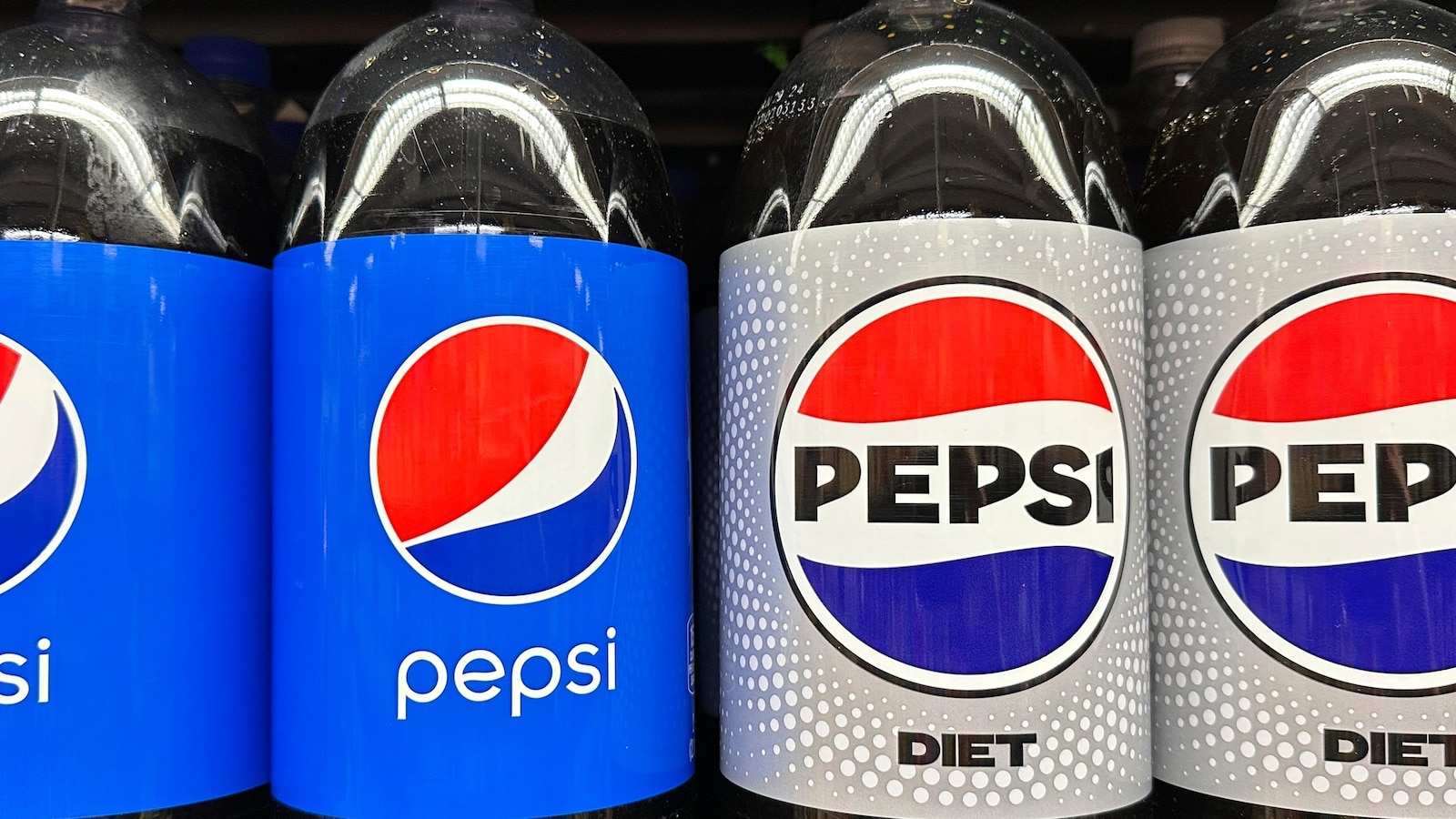In a remarkable showcase of resilience, PepsiCo has reported better-than-expected earnings for the second quarter, defying challenges faced in its U.S. operations. While the company contended with sluggish
Did You Know
The world's oldest person on record lived to be 122 years old.
?
AD
North American sales and rising operational costs, its overall financial performance surprised analysts and investors alike, showcasing the brand’s adaptive strategies and strong product portfolio.
The downturn in the U.S. market, attributed to increased costs from tariffs and a pullback in consumer spending, led PepsiCo to adjust its full-year earnings expectations. However, this seemingly bleak landscape was countered by significant gains in international markets, where steady demand for PepsiCo's sodas and snacks provided a crucial lifeline. This juxtaposition highlights not only the global reach of PepsiCo but also the flexible approach it has adopted amidst varying economic climates.
As consumer interest in soft drinks remains strong, PepsiCo’s innovative marketing strategies and proactive management have enabled it to carve out a distinct niche even in challenging times. The company’s ability to leverage international growth and maintain a robust product lineup has positioned it well for continued success. With promising signs of recovery and a focus on global expansion, PepsiCo not only defies immediate market pressures but also sets the stage for a dynamic future.
Q&A (Auto-generated by AI)
What factors influenced Volvo's Q2 profit?
Volvo's Q2 profit was influenced by a combination of factors including service revenues, which helped mitigate the impact of lower truck sales. The company faced challenges with decreasing demand in certain markets, but the growth in service-related income provided a buffer, showcasing the importance of diversified revenue streams in the automotive sector.
How do service revenues impact truck sales?
Service revenues, which include maintenance, repairs, and parts sales, can significantly offset declines in new truck sales. For truck manufacturers like Volvo, these revenues provide a stable income source that can help maintain profitability even when vehicle sales are sluggish, allowing companies to invest in innovation and customer support.
What trends are affecting the truck industry?
The truck industry is currently affected by several trends, including a shift towards electric and autonomous vehicles, increasing demand for logistics and delivery services, and fluctuating raw material costs. Additionally, economic conditions and global supply chain disruptions play critical roles in shaping market dynamics.
How does PepsiCo's growth compare to competitors?
PepsiCo's growth has been robust, particularly in international markets, where demand for snacks and beverages remains strong. Compared to competitors like Coca-Cola, PepsiCo has successfully leveraged its diverse product portfolio, including healthier snack options, to capture a broader consumer base and adapt to changing preferences.
What are the implications of lower US sales?
Lower sales in the US can indicate shifting consumer preferences or economic challenges, impacting a company's revenue and market strategy. For PepsiCo, this could lead to adjustments in product offerings, pricing strategies, and marketing efforts to regain consumer interest and maintain overall profitability.
















